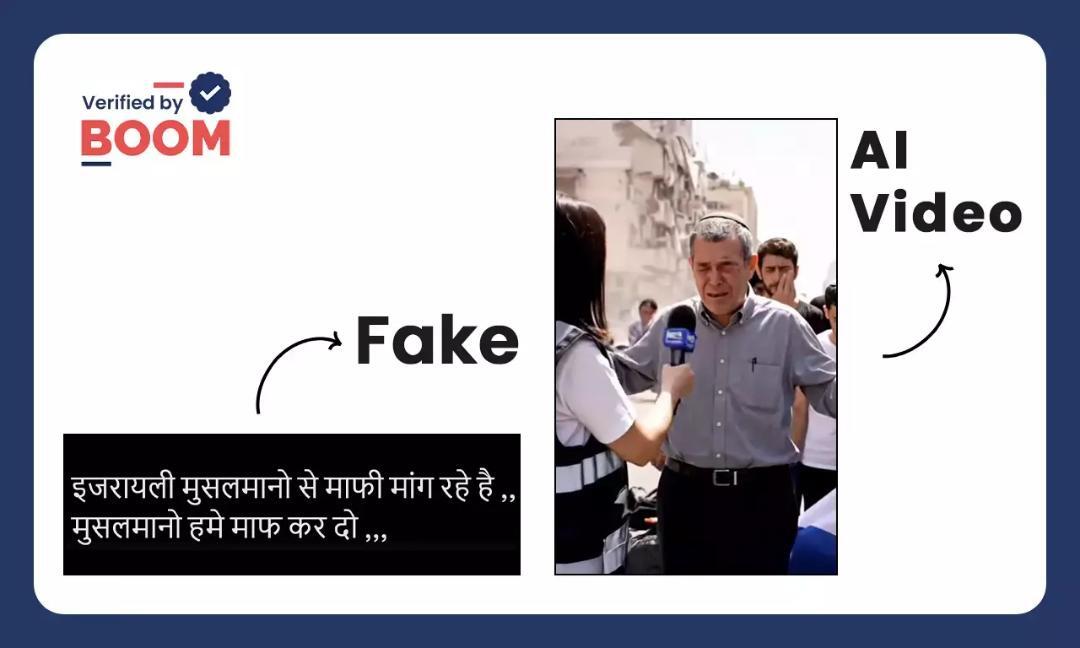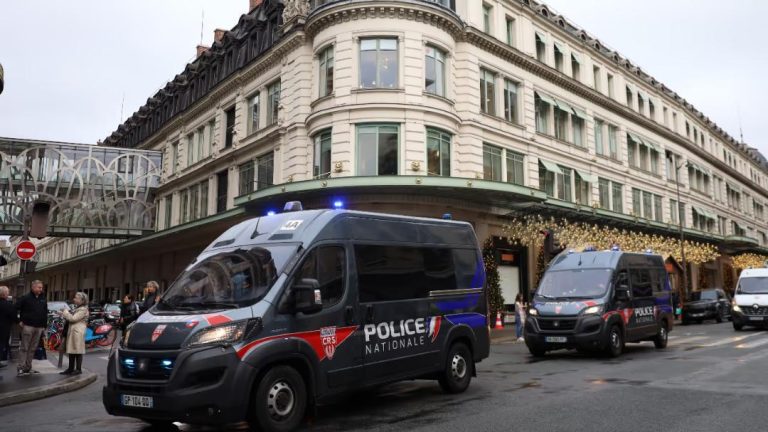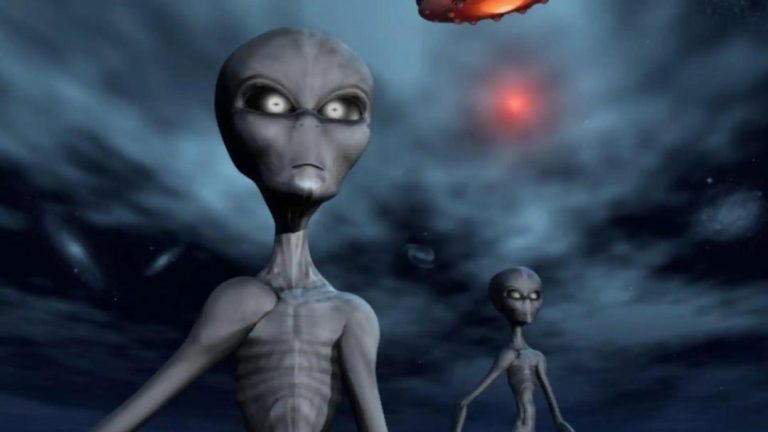
Viral Videos of Israelis Apologising to Iran are AI-Generated
As tensions escalate between Iran and Israel, three videos showing people apologising and asking for forgiveness from Iran are circulating as real on social media. The videos, which claim to be genuine, have gone viral, with many sharing and commenting on them. However, a closer look at the videos reveals that they are, in fact, AI-generated.
The Israel-Iran conflict has entered its eighth day, with both countries trading blows and threats. On June 13, 2025, Israel carried out an airstrike targeting Iran’s nuclear facilities, leading to a swift response from Iran. The situation has raised concerns about the possibility of a full-scale war between the two countries.
In the midst of this escalating conflict, three videos have emerged, purporting to show Israelis apologising and asking for forgiveness from Iran. The videos, which have been shared widely on social media, claim to be authentic statements from ordinary Israelis, expressing regret for past actions and seeking peace with Iran.
However, a fact-check by BOOM has revealed that all three videos are AI-generated. The team used various tools and techniques to verify the authenticity of the videos, including reverse image search, audio analysis, and language processing.
The first video shows a man, claiming to be an Israeli, apologising for the country’s past actions and asking for forgiveness from the Iranian people. The video is shot in a dimly lit room, with the man speaking in broken Hebrew and English. A reverse image search revealed that the background of the video is actually a stock footage image, commonly used in AI-generated content.
The second video shows a group of Israelis, claiming to be a delegation of citizens, apologising to the Iranian people and requesting a meeting with the Iranian government. The video is shot in a conference room, with the group speaking in a rehearsed and unnatural tone. An audio analysis revealed that the sounds in the video are not natural, but rather generated using AI algorithms.
The third video shows a woman, claiming to be an Israeli, apologising for the country’s actions during the Iran-Iraq War and asking for forgiveness from the Iranian people. The video is shot in a dark room, with the woman speaking in a slow and measured tone. A language processing analysis revealed that the script used in the video is overly formal and unnatural, indicating that it was generated using AI.
BOOM’s fact-check revealed that all three videos are AI-generated, and not genuine statements from Israelis. The videos are designed to create a false sense of hope and reconciliation, and to undermine the Israeli government’s stance on the conflict.
The spread of these videos highlights the importance of fact-checking and verification in today’s digital age. With the proliferation of AI-generated content, it is easier than ever for fake news and misinformation to spread quickly online. It is crucial that we remain vigilant and skeptical, and that we verify information before sharing it.
The Israel-Iran conflict is a complex and sensitive issue, with both sides engaged in a heated rhetoric. It is essential that we rely on credible sources of information and that we avoid spreading misinformation. By doing so, we can prevent the escalation of tensions and promote a more peaceful resolution to the conflict.






